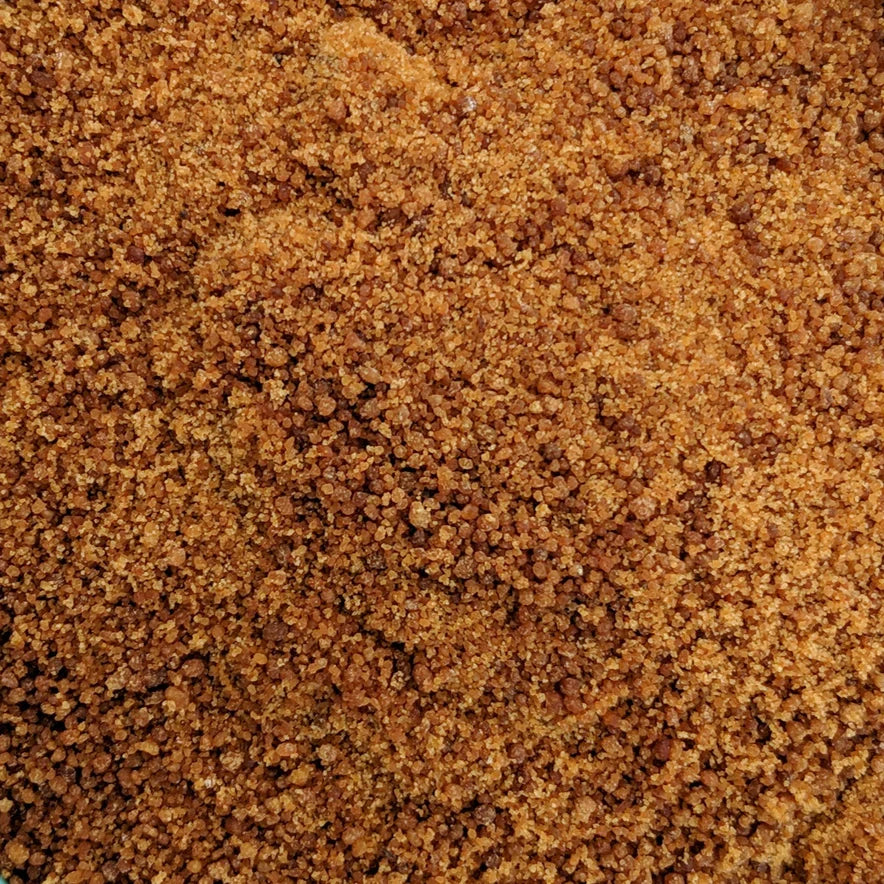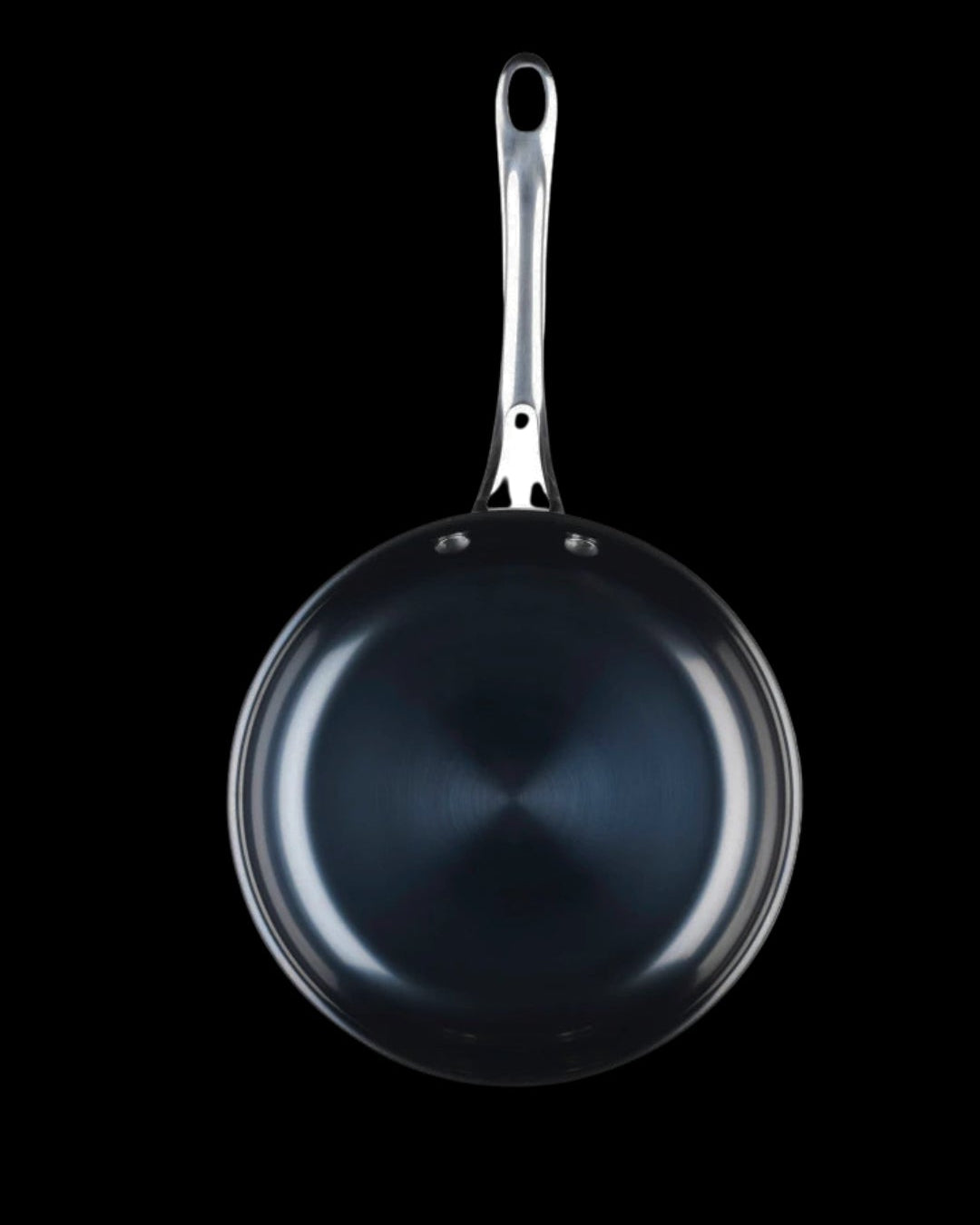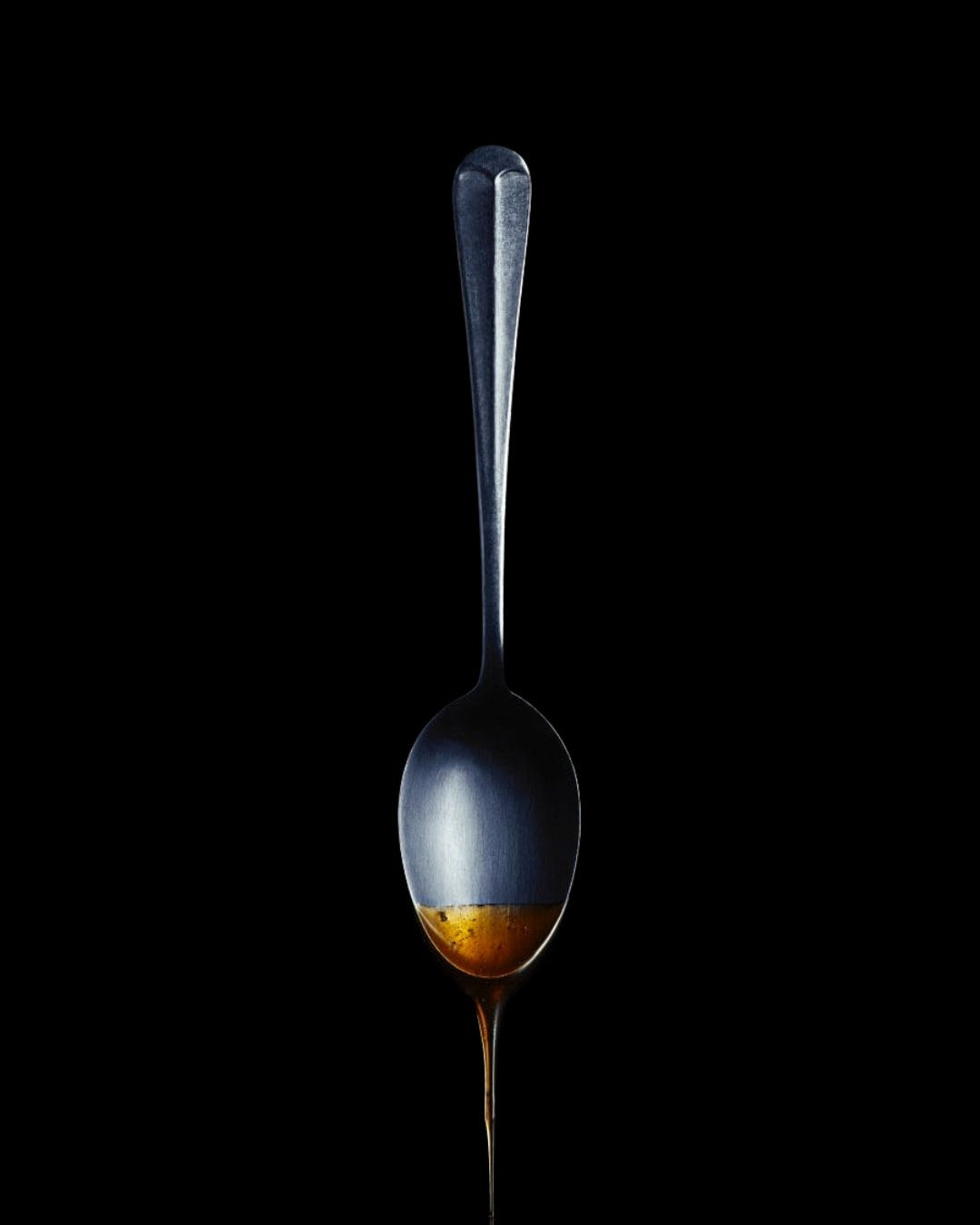
Chemical sugar substitutes vs. natural sweetness – which is better?
Share
When we talk about healthy eating, we often focus on sugar and calories. But we think less about how different sources of sweetness affect our metabolism, hormones, and microbiome. Is a calorie-free sugar substitute really better than honey, dates, or coconut sugar? And does “zero calories” mean “zero impact”?
What is natural and what is chemical sweetness?
Natural sweeteners – honey, dates, coconut sugar – are whole food based. In addition to sugar, they also contain minerals, antioxidants, and fiber that the body can use.
- Honey – contains antibacterial and antioxidant compounds.
- Dates – provide fiber, potassium, and magnesium.
- Coconut palm sugar – contains iron and zinc and has a lower glycemic index than white sugar.
Chemical sugar substitutes (e.g. aspartame, sucralose, erythritol) are created through industrial processes, often through fermentation or synthesis. They provide sweetness without calories, but they lack nutritional value and biological connection to the body.
Why “zero calories” doesn’t mean “zero impact”
Sweet taste is not just a taste sensation – it is a signal to the body that energy is coming. When sweetness is perceived but glucose is not actually coming, a conflict arises between the brain and metabolism. Studies have shown that certain sweeteners can change the rhythm of insulin production and interfere with feelings of hunger and fullness. In the long run, this can affect appetite, blood sugar stability and even weight control.
Impact on the microbiome
Our gut bacteria influence immunity, metabolism, and hormonal balance. Natural sweeteners, such as honey and dates, feed beneficial bacteria – they are associated with prebiotic effects. The opposite has been seen with chemical sugar substitutes: some of them can reduce microbiome diversity and alter glucose tolerance.
A 2022 study published in the journal Cell showed that certain artificial sweeteners altered the microbial community in a way that impaired the body's ability to regulate blood sugar.
Effects on blood vessels and risk of thrombosis
Erythritol was long considered safe and neutral. However, a 2023 study published in the journal Nature Medicine found that high levels of erythritol in the blood were linked to an increased risk of heart attack and stroke. It was also found that erythritol may promote blood clotting, increasing the risk of blood clots. Occasional consumption is not a problem, but regular, long-term use can affect vascular health – especially in those who already have heart or metabolic diseases.
Hormonal balance and fertility
A woman’s hormonal system is sensitive to changes in insulin and the microbiome. Studies have shown that regular consumption of artificial sweeteners can affect menstrual cycles and fertility, including embryo quality in IVF procedures. While the reasons are complex, it is clear that naturally occurring sugars are more familiar to the body and less likely to disrupt hormonal balance.
Natural alternatives – sweetness with meaning
Nature offers a range of sweeteners that provide flavor, but also nutrients and beneficial compounds:
- Honey – a natural antibacterial and antioxidant sweetener.
- Dates – contain fiber and minerals, support digestion.
- Coconut palm sugar or nectar – a lower glycemic index option.
- Maple syrup, cane sugar, molasses, banana puree, raisin syrup – natural options that have their own taste and nutritional value.
They are not zero calories, but they are understandable to the body and do not create false signals in the metabolism.
Practical recommendations
- Avoid artificial sweeteners in your daily consumption.
- If you use sugar substitutes, prefer natural options (e.g. stevia or small amounts of dates).
- Consume sweeteners with food, not separately - this reduces the impact on blood sugar.
- Support the microbiome: eat nutritiously, add fiber and fermented foods.
- Read the ingredients – “sugar-free” doesn’t automatically mean healthy.
Summary
Sweetness is not the problem, it’s a matter of choice. Chemical sugar substitutes may offer calorie-free taste, but their long-term effects on metabolism, the microbiome, and blood vessels are still unclear. Natural sweeteners aren’t perfect, but they provide the body with energy along with compounds that support health.
In fact, sweetness doesn't have to be trivial - it can be part of a whole food and balanced diet. It's just a matter of choosing a sweetness that has meaning.
The articles on this page are designed to raise awareness and encourage you to make better choices in your daily life. The goal is not to scare you, but to open up topics that are often not talked about - so that you understand how food, environment and habits affect your well-being. We share knowledge and observations based on our experience and research, also based on scientific sources. This information is not a substitute for professional medical advice or diagnosis. Listen to your body, ask questions and take conscious steps towards better health.
References and sources
- Witkowski M. et al. (2023). The artificial sweetener erythritol and cardiovascular event risk. Nature Medicine.
- Suez J et al. (2022). Personalized microbiome-driven effects of non-nutritive sweeteners on human glucose tolerance. Cell.
- Samarghandian S. et al. (2017). Honey and health: A review of recent clinical research. Pharmacognosy Research.
- Al-Dashti Y. et al. (2021). Date fruit consumption and human health. Nutrient.


